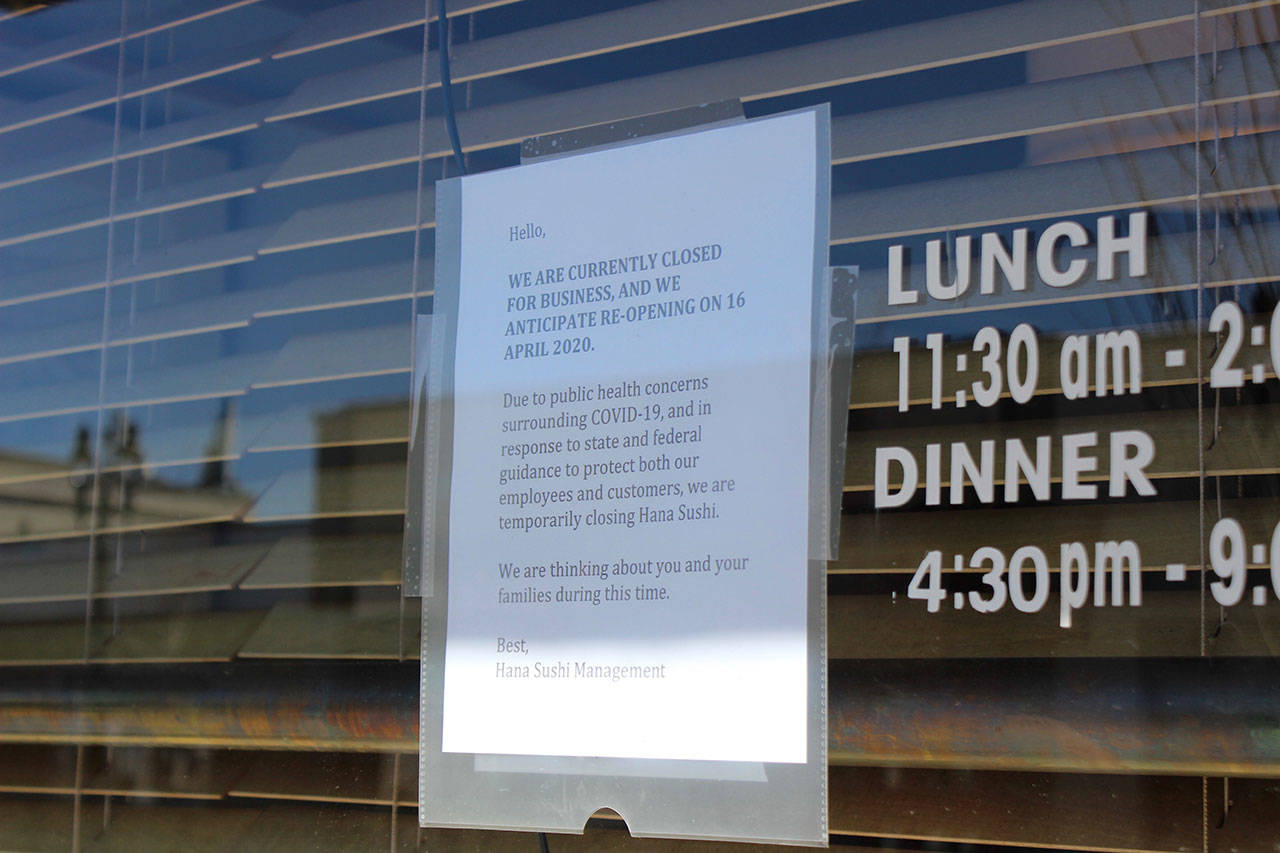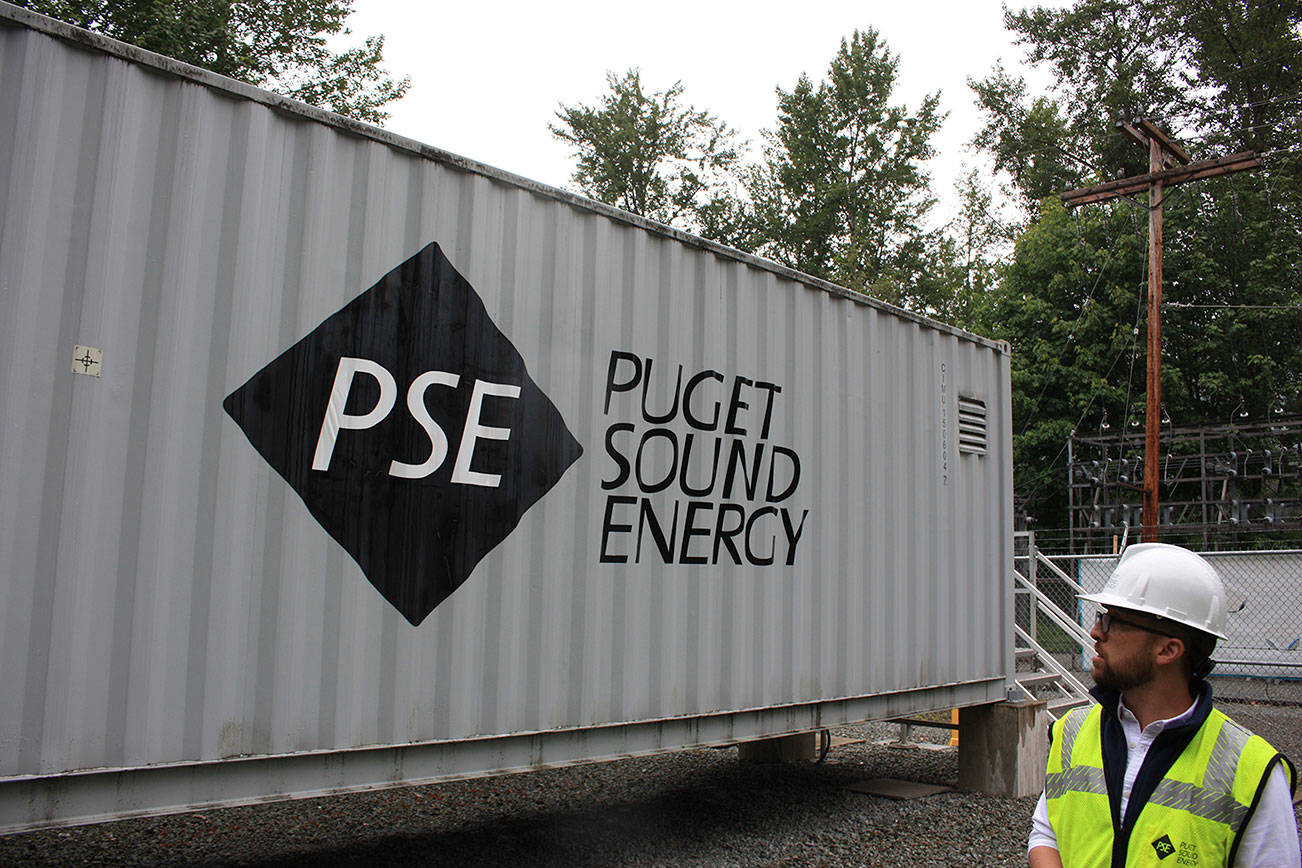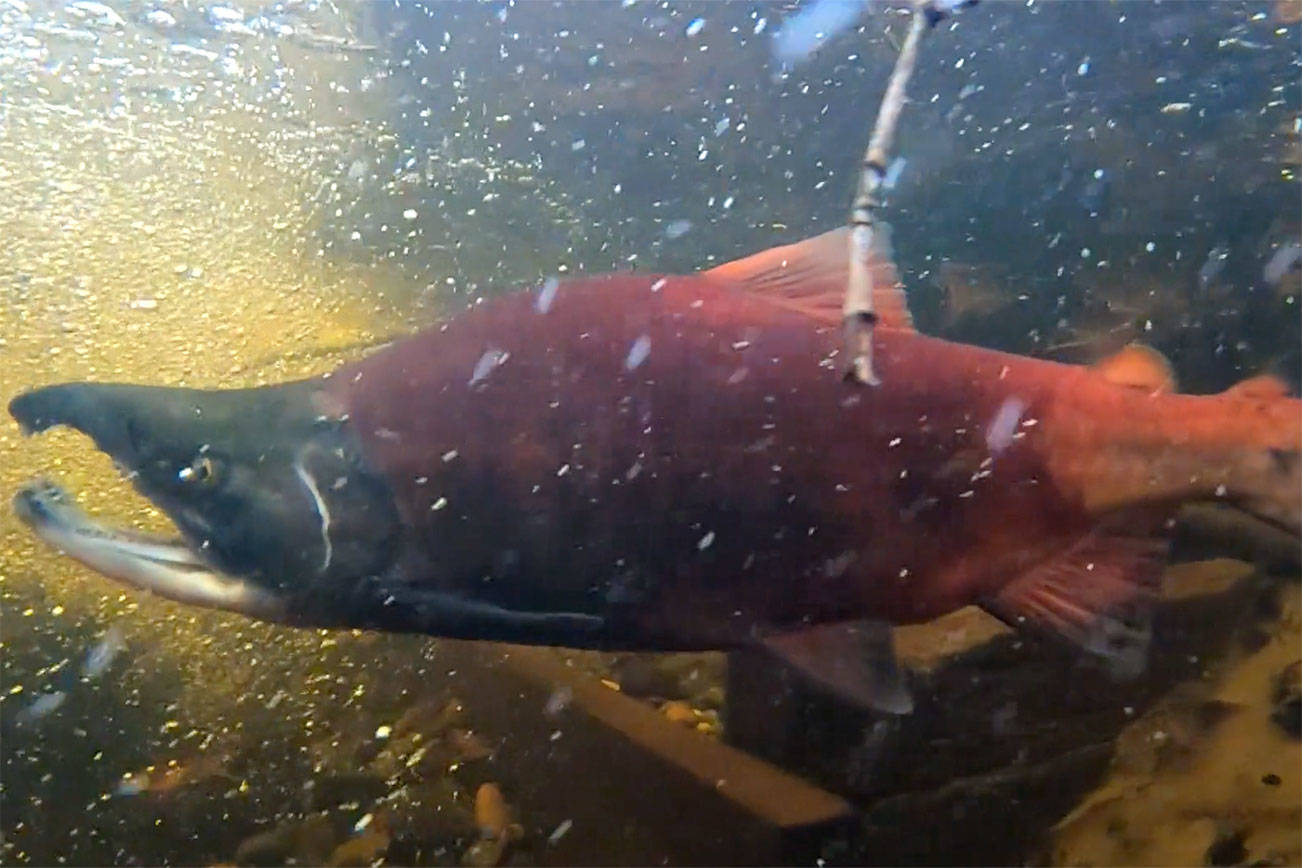The COVID-19 outbreak has been shutting down cities across the country and may result in a recession — as the stock market plummets and thousands of workers are laid off due to quarantine measures.
Economists, along with President Trump, said the outbreak could result in a recession. What’s less clear is how long a recession could last and how severe it could get. The Economic Policy Institute (EPI) on March 17 estimated that the outbreak could cost 3 million jobs by summer. That’s 400,000 more than were lost during the 2008 financial crisis.
“Our hope obviously is that things are not as severe as we’re predicting,” said David Cooper, senior economic analyst at EPI.
It is unknown how long the COVID-19 outbreak will last, how far it will spread and what actions the federal government will take to mitigate both the outbreak and its economic impact. The EPI’s projections are based on forecasting for what’s likely to happen to the national GDP as a result of business activity that’s being forced to shut down.
Even though the U.S. is not in an announced recession, it may already be here.
“We are very likely entering into a recession, we just may not know it right now because the data is not out,” Cooper said. Acting sooner to get ahead of widespread economic fallout will better cushion workers and the economy, he said.
According to a Moody’s Analytics report, some 80 million jobs are at some level of risk for interference from the outbreak. Hiring was also down 12% since Friday (March 13).
In Washington state, most non-essential businesses have been ordered to close, with exceptions for operations like grocery stores, pharmacies and restaurants that only provide carry out or delivery. Workers across the state have been laid off as a result.
So far the Federal Reserve has announced it will be injecting a total of $2 trillion into the economy and slashing interest rates. Even still, as of the afternoon of March 17 — despite a rally earlier in the day — the Dow Jones Industrial Average only made back one-third of its losses from a disastrous Monday, Investors Business Daily reported.
While those measures could help, it doesn’t address the core reasons behind the downturn, which largely includes people being ordered to maintain social distancing. Person-to-person transactions are a significant part of the economy, Cooper said.
Even with a proposal to send $1,000 checks to every household — a measure he supports and which would be relatively easy — Cooper said it may not be effective in jump-starting the economy.
“People are not able to go out and spend those dollars at restaurants and retail,” Cooper said. “The longer it goes on, the more people and the more businesses are going to start exhausting whatever financial cushions they had, and that’s going to start leading to these cascading effects.”
Writing checks to households has precedent. Both the Obama and Bush administrations have sent them.
On top of this, the federal government needs to be aggressively funding state unemployment coffers for people put out of work by COVID-19 containment measures, said Michele Evermore, senior researcher at the National Employment Law Project.
“The most important thing that can happen right now — as in this week — is for the federal government to send a lot more administrative dollars to state agencies so they can start to process checks,” Evermore said. States should also eliminate waiting periods and job-search requirements to help people put out by the outbreak, she said.
Senate Majority Leader Mitch McConnell said March 17 his chamber would approve a COVID-19 relief funding package without changes, The Hill reported. The bill would provide 10 days of paid leave for some workers and increase unemployment insurance.
Washington state is allowing workers who lose hours or who are laid off because of the outbreak to file for unemployment benefits. Evictions have been halted in Seattle, Burien and Kenmore. The King County Sheriff’s Office further announced March 17 it would not be enforcing eviction orders during the outbreak. The city of Seattle has said its utilities will not shut off service until the outbreak is over.
There has been no similar announcement from either King County or Gov. Jay Inslee.








